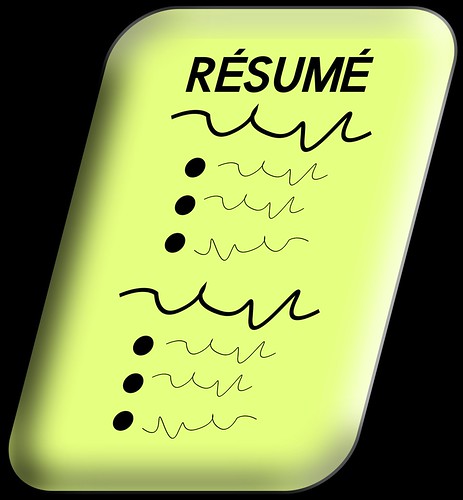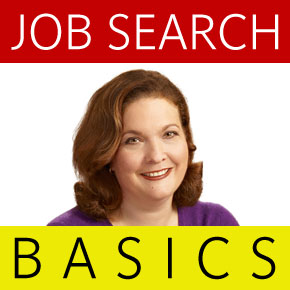
Photo Credit: Nguyen Vu Hung (vuhung) Flickr via Compfight cc
It is common today for people to have some period of unemployment, a gap in employment.
Maybe you were fired from your job, as I was. Maybe you were laid off due to financial issues, as many people have been during the global pandemic. Maybe your company went out of business. Maybe you needed to care for a family member who was ill or in some other situation. Maybe you moved. Maybe you wanted to take a break.
For whatever reason, you have a period of time to account for on your resume.
Although some experts consider it none of a potential employer’s business, most employers want you to account for the time you spent seemingly unemployed. The key is to be telling the truth. Here are a few options:
- Tell them you’ve been looking for work, and for the “right fit” job. Tell them you hope this is the right fit for both of you.
- Explain that you took some time off to do x, y or z.
- Say you’ve been working as a consultant, and put your consulting company on your resume, along with a description of your services and clients.
The moment you stop working at your J.O.B., start thinking of yourself as a consultant.
Come up a company name (it can be your initials followed by “Consulting”), make a business card, form an LLC – or not – and identify yourself as a consultant on your resume. People need you and your skills and there is work to be done!
What qualifies as consulting?
- Giving advice to anyone who asks you a question that calls on your knowledge or expertise – a friend, a colleague, a neighbor.
- Helping a friend or colleague with a business issue or project pro bono (for free) is still work. You don’t have to get paid for it to qualify as work.
Many people start doing small projects for former colleagues and friends, and gradually build a real business. They prefer working this way. While it can be stressful getting healthcare benefits, it’s fun working with different clients and being accountable to yourself.
One of my clients did a few consulting gigs, only one for pay. But she wrote so convincingly about her consulting work on her resume that a prospective employer asked why she wanted to take a full-time job!
Remember, you don’t have to be defensive about having a gap on your resume. It’s normal these days. So simply be prepared to explain, and stand behind yourself.



